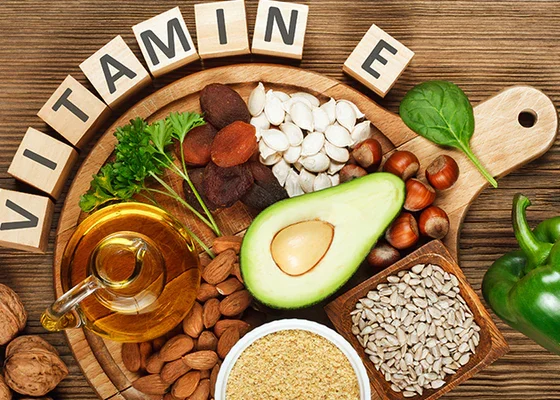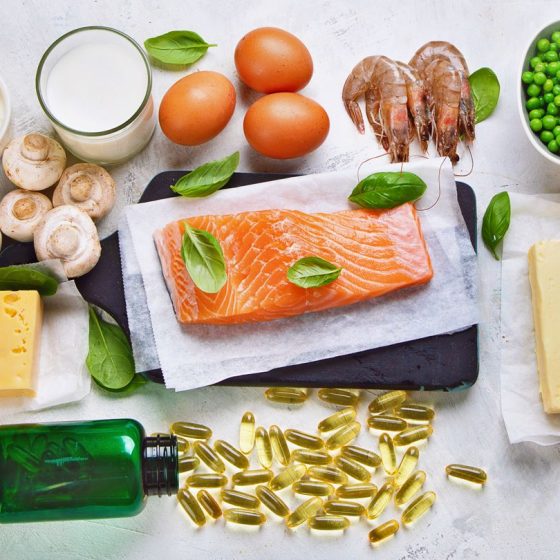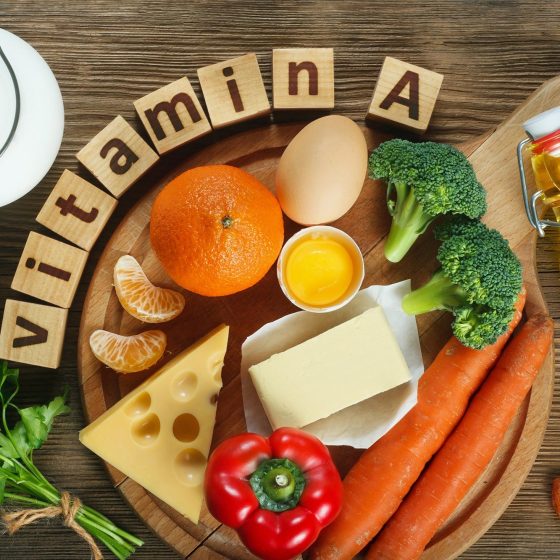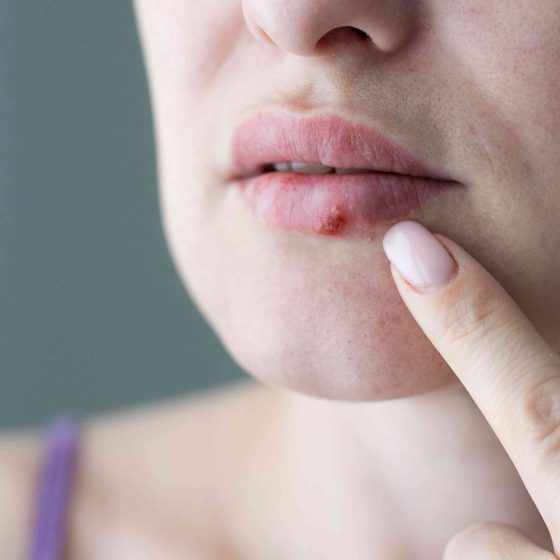Vitamins and minerals explained
What are vitamins and minerals? Vitamins and minerals are needed to make your body work properly. Vitamins come from plants and animals, while minerals originally come from the earth. Most people can get all the vitamins and minerals they need from the 5 food groups in a balanced diet. However, some groups in the community are more at risk of developing deficiencies. Vitamins are found in: fresh foods frozen foods canned foods An example is Vitamin C. It is found in many fruits. Some vitamins can be lost by cooking in water. Fresh fruit and uncooked vegetables are good sources of







